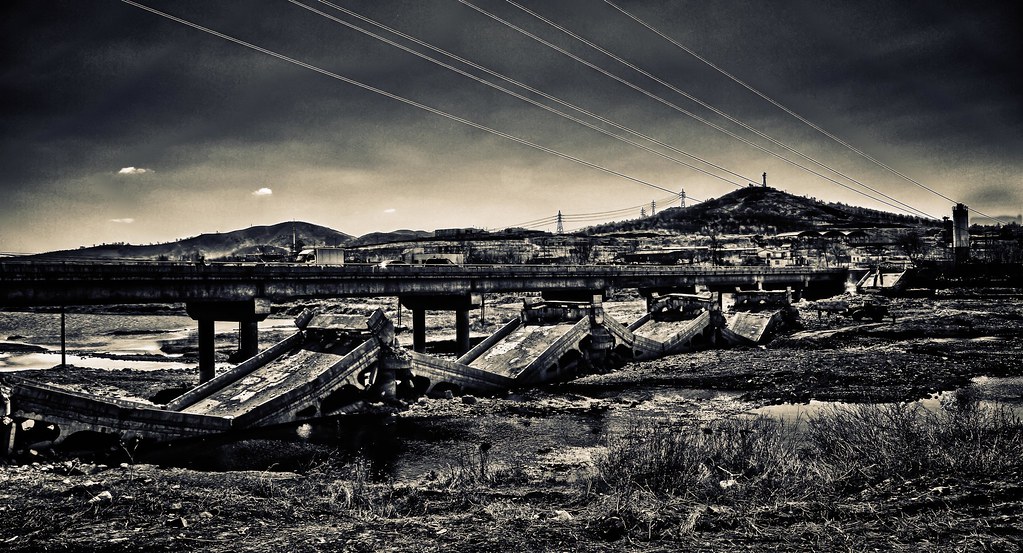Fire at Iran's Natanz nuclear facility caused significant damage - spokesman
A fire at Iran's underground Natanz nuclear facility has caused significant damage that could slow the development of advanced centrifuges used to enrich uranium, an Iranian nuclear official said on Sunday.

- Country:
- Iran Islamic Rep
A fire at Iran's underground Natanz nuclear facility has caused significant damage that could slow the development of advanced centrifuges used to enrich uranium, an Iranian nuclear official said on Sunday. Iran's top security body said on Friday that the cause of the fire that broke out on Thursday had been determined but would be announced later. Some Iranian officials have said it may have been cyber sabotage and one warned that Tehran would retaliate against any country carrying out such attacks.
On Thursday, an article by Iran's state news agency IRNA addressed what it called the possibility of sabotage by enemies such as Israel and the United States, although it stopped short of accusing either directly. Israel's defense minister said on Sunday it was not "necessarily" behind every mysterious incident in Iran.
Three Iranian officials who spoke to Reuters on condition of anonymity on Friday said they believed the fire was the result of a cyber attack but did not cite any evidence. "The incident could slow down the development and production of advanced centrifuges in the medium term ... Iran will replace the damaged building with a bigger one that has more advanced equipment," state news agency IRNA quoted the spokesman for Iran's Atomic Energy Organisation, Behrouz Kamalvandi, as saying.
"The incident has caused significant damage but there were no casualties." Separately on Sunday, Iran's powerful Revolutionary Guards Navy chief said Tehran had built underground "missile cities" along the Gulf coastline and warned of a "nightmare for Iran's enemies".
Iranian authorities have said such sites exist in all provinces of Iran but have unveiled only three bases so far and not disclosed that they have been built along its coast. 'MAXIMUM PRESSURE'
Natanz is the centrepiece of Iran's enrichment program, which Tehran says is for peaceful purposes. Western intelligence agencies and the U.N.'s nuclear watchdog (IAEA) believe it had a coordinated, clandestine nuclear arms program that it halted in 2003. Tehran denies ever seeking nuclear weapons. Iran agreed to curb its nuclear program in exchange for the removal of most international sanctions in a deal reached between Tehran and six world powers in 2015.
But Iran has gradually reduced its commitments to the accord since U.S. President Donald Trump's administration withdrew from the deal in 2018 and reimposed and intensified sanctions that have battered Iran's economy. The deal only allows Iran to enrich uranium at its Natanz facility with just over 5,000 first-generation IR-1 centrifuges, but Iran has installed new cascades of advanced centrifuges.
Iran, which says it will not negotiate as long as sanctions remain in place, has repeatedly vowed to continue building up what it calls a defensive missile capability run by the Revolutionary Guards, in defiance of Western criticism. Israel has backed Trump's "maximum pressure" policy on Tehran aimed at forcing it to agree a new deal that puts stricter limits on its nuclear work, curbs its ballistic missile program and ends its regional proxy wars.
In 2010, the Stuxnet computer virus, widely believed to have been developed by the United States and Israel, was discovered after it was used to attack Natanz. The Natanz Fuel Enrichment Plant (FEP), Iran's main uranium enrichment site which is mostly underground, is one of several Iranian facilities monitored by inspectors of the International Atomic Energy Agency (IAEA), the U.N. nuclear watchdog.
The IAEA said on Friday that the location of the fire did not contain nuclear materials and that none of its inspectors was present at the time.
(This story has not been edited by Devdiscourse staff and is auto-generated from a syndicated feed.)
- READ MORE ON:
- Natanz
- Tehran
- IRNA
- Iranian
- Donald Trump
- United States
- Israel
- Revolutionary Guards
- UN
- David Clarke
- COVID-19
ALSO READ
Rising Tensions: Israeli Airstrikes Intensify Conflict in Gaza
Israel Boosts Animal Welfare with $1.23 Million in Grants
Alarming Surge in Road Fatalities: Israel Records 21% Increase in 2024
Escalating Tensions: Israeli Forces Target Jabalia and Hezbollah
Conflict Intensifies: Israeli Strikes in Gaza and a Nation on the Move










